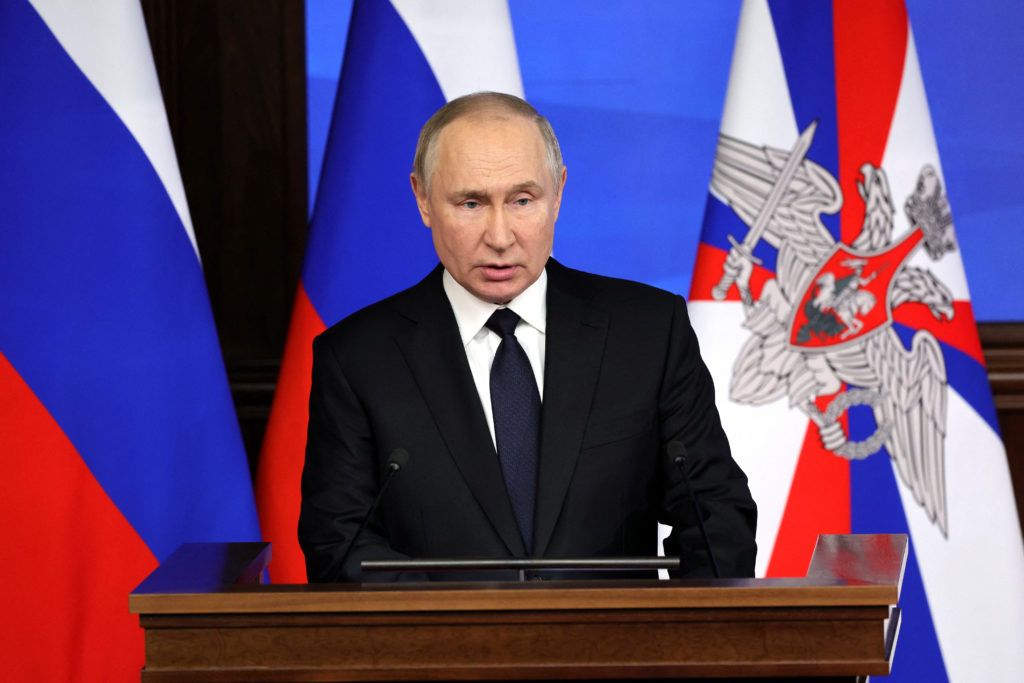How are sanctions actually affecting Russia?
Sanctions on Russia keep piling up. But, are they working?

A few minutes every morning is all you need.
Stay up to date on the world's Headlines and Human Stories. It's fun, it's factual, it's fluff-free.
The backstory: After Russia invaded Ukraine last February, the US and its allies (for example, the EU) began putting sanctions on Russia and on individual Russian oligarchs and officials close to Putin. Historically speaking, these kinds of sanctions haven't really been seen before when it comes to scope, speed and coordination. But Russia built itself a "financial fortress" before the war using money from energy revenue, as it supplies a lot of energy to countries around the world.
More recently: Sanctions on Russia keep piling up. They include oil embargos and price caps, cutting Russian banks off from the SWIFT financial messaging system, seizing billionaires' yachts and more. The international community has been questioning whether or not these sanctions have actually been working because the Russian economy is still moving, and the war in Ukraine doesn't seem to be ending any time soon.
The development: Analysts say that even though it's hard to see it from the outside, these sanctions have a big effect on Russia. One way is by looking at the Russian ruble, which has slowly been losing its gains from oil prices earlier this year. This is a sign that energy sanctions could be having an effect. And the IMF estimates Russia's economy will slip by 3.4% this year instead of growing. Also, Russia just asked for more than 500 different products, like parts for cars, airplanes and trains, as the sanctions are affecting how well it can keep running important sectors in the country.
Key comments:
"They aren't trying to achieve a psychological change in Putin. They're not trying to make Putin, you know, wake up in the morning and decide that Ukraine was not worth ... the effort," said Edward Fishman, who headed the US's sanctions policy after Russia's 2014 invasion of Crimea. "What they're really trying to do is just create attrition in Russia's military-industrial complex and its economy writ large."
"The ruble will continue to weaken because there's no fundamental demand," said Vladimir Milov, an economist and ally of Russian opposition leader Aleksei Navalny.
"Our television says with sarcastic joy that the Europeans are freezing. I do not quite understand what is there to rejoice. In fact, we are losing the markets that we have been building since the days of the Soviet Union," Mikhail Zadornov, the Russian minister of finance from 1997 to 1999, said in a recent interview with RosBusinessConsulting.




Comments ()